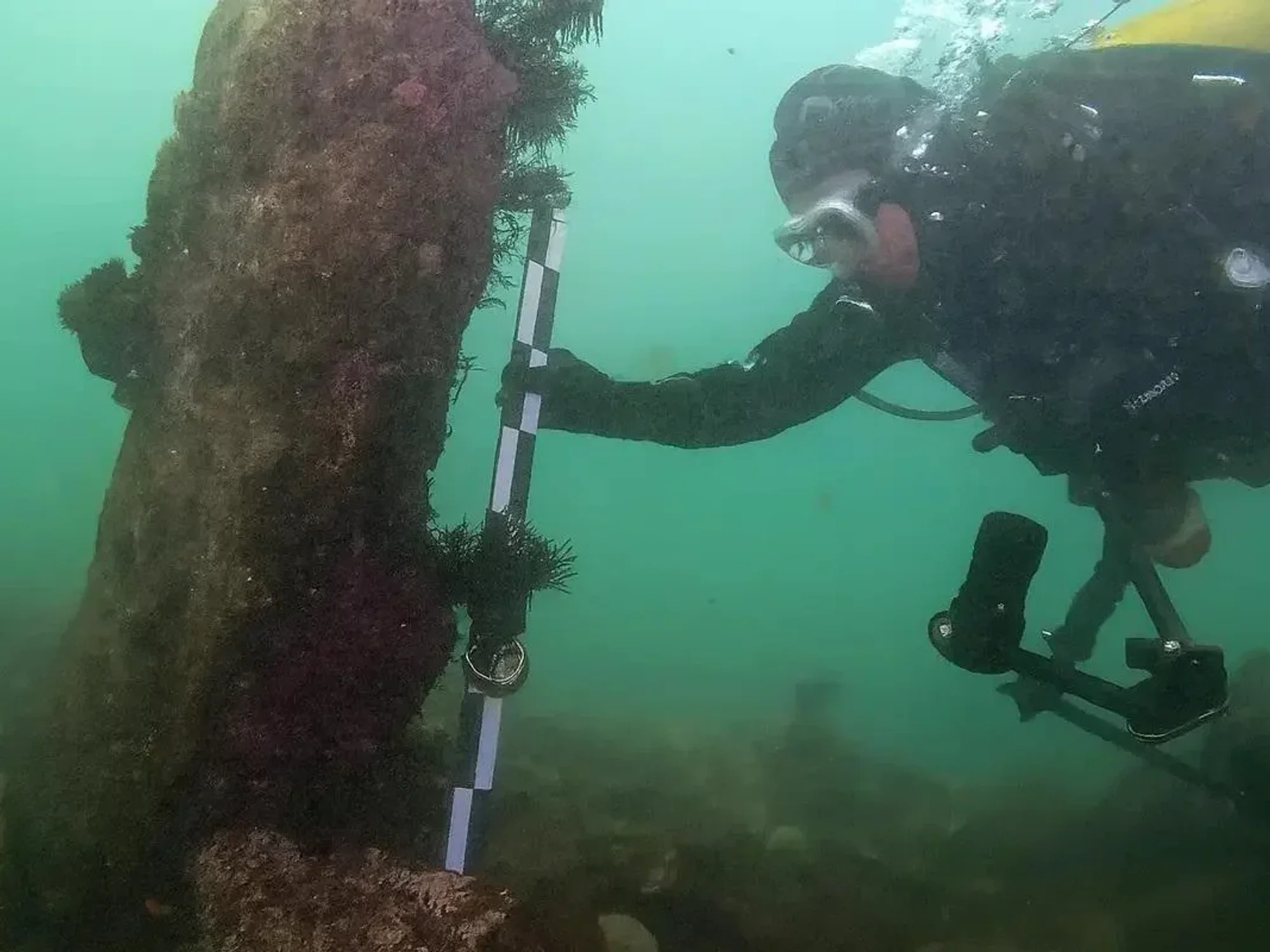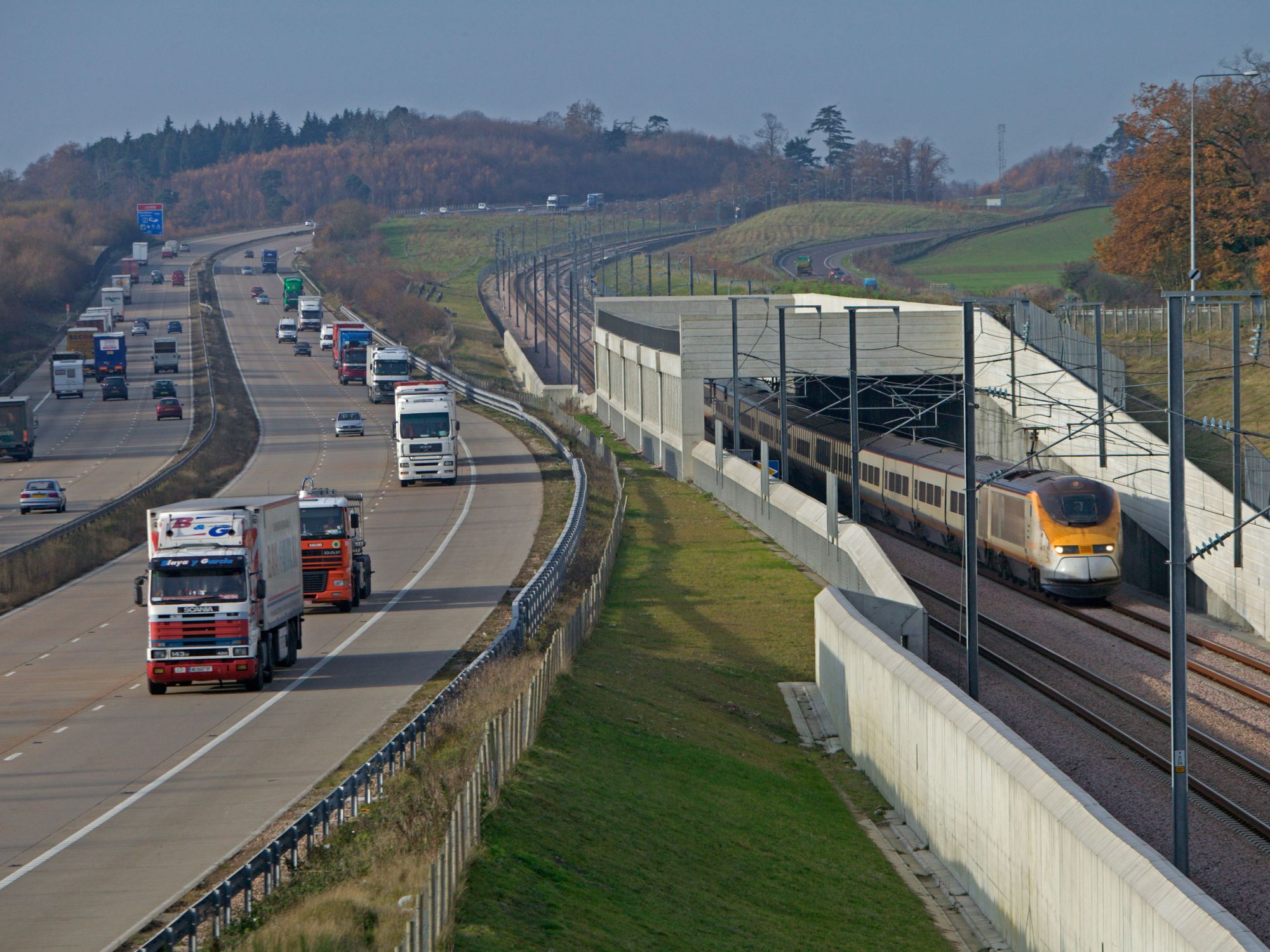Britain’s first homegrown baked beans reach canning trials as farmer outlines major ‘challenge’
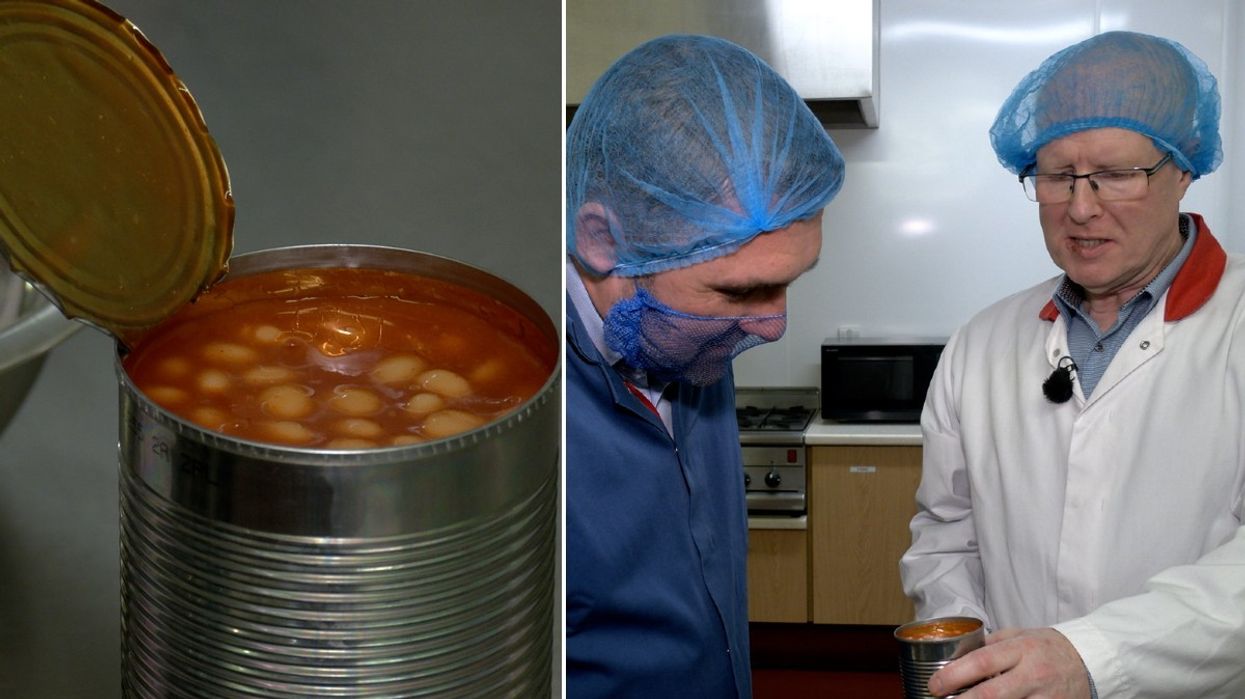
Britain’s first homegrown baked beans reach canning trials as farmer outlines major ‘challenge’
|GB News

A batch of beans developed by the University of Warwick has been delivered to Princes canning factory in Spalding to make British grown beans a reality
Don't Miss
Most Read
The University of Warwick, Lincolnshire farmer Andrew Ward, and agricultural consultants Agrii have been working to develop a strain of bean suitable for Britain’s unpredictable climate.
The successful harvest means food and drink giant the Princes Group can take over and begin trialling how the beans react to its secret tomato sauce recipe and the canning process.
Princes’ Corporate Relations Director, David McDiarmid said: “Our role is to see is this scalable from a large manufacturing point of view.”
WATCH HERE: British beans reach canning trials
“It looks like we have a successful variety, and it works, but we are still at early stages. The next stage is to take this to large scale.”
Prince’s has only been delivered a 5kg bag to run trials with.
“The next step will be taking in anything between two and five tonnes and running this real time on a large-scale production line to see if it works there.”, said David.
Prince’s supplies 730,000 cans of baked beans to supermarkets every single day including brands like Branston which it owns, while canning for other companies too.
LATEST DEVELOPMENTS: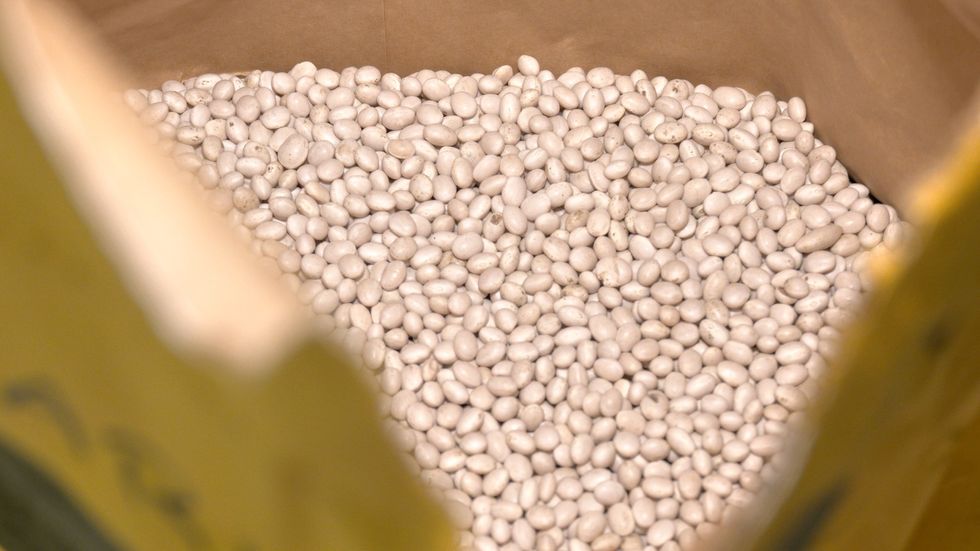
All of Britain’s baked beans are imported from countries outside of the UK including America, Canada, and China
|GB News
All of Britain’s baked beans are imported from countries outside of the UK including America, Canada, and China.
Brits eat a whopping two million tins of beans every single day. The most common variety used is the haricot bean.
Andrew Ward grew the new variety capulet on his farm in Leadenham. The first successful harvest took place in September and must now be replicated next season.
He said “It is a challenge. Within the next two to three years, we’ll have enough of these for other farms to grow them in a larger scale.
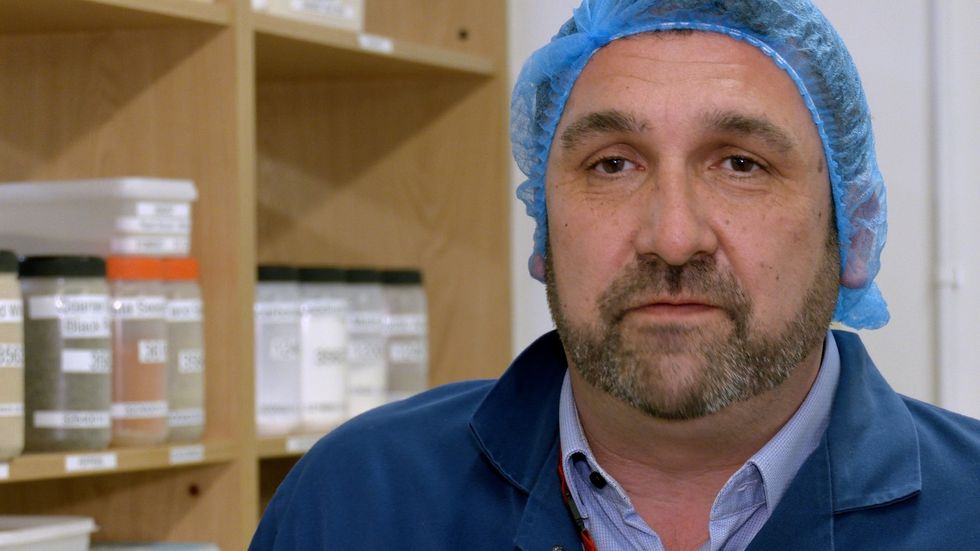
Princes’ Corporate Relations Director, David McDiarmid said: 'Our role is to see is this scalable from a large manufacturing point of view'
|GB News
“The only seed we have is what we’ve grown from the farm that we must multiply every year.”
“The seed we’ve produced this year, some of it is going to be used for making beans and the rest will be planted for next year.”
The University of Warwick resurrected plant material used from previous attempts to grow beans in the 1970’s in order to breed Britain’s new super beans.
Professor Eric Holub from the University of Warwick said “We’re interested in public health. We’re keen on the message of getting more plant fibre in our diet and beans are a really good source.”
“We might as well work with something we’re already familiar with, something people like to eat and bring it to market.”






